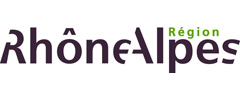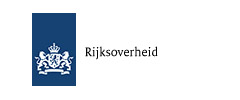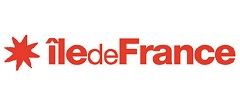WECF's Anke Stock: Gender mainstreaming is beneficial for the environment
Involving women in local projects triggers innovative solutions
18.04.2014 |

Anke Stock at UNECE's Gender Mainstreaming in Environmental Policy Making seminar on February 28th, 2014
Yes, gender mainstreaming can improve the environment we live in since sustainable development cannot take place without the involvement of women as contributors and beneficiaries to this process. Women often bear the brunt of environmental degradation, but they are also agents of change.
There are several examples where technical solutions agreed on by a gender-sensitive participatory needs assessment led to a more environmental friendly approach in small-scale technical activities.
One example was action taken to address the need for warm water in rural areas of Ukraine. Rural women in Ukraine suffer more than men from the lack of warm water, since they depend on it for fulfilling their daily chores. Ukrainian women and girls also bear the bulk of the burden of collecting fuel materials for heating water, which is time consuming and hard work. A lack of warm water not only affects people’s well-being, but is primarily a health concern, and this issue was brought by local communities to the attention of decision makers. The local communities encouraged a process to build solar collectors to heat water for household use. Women and men were equally involved in the planning, construction, maintenance and monitoring of the collectors.
Another example in which the consideration of women’s needs made a difference to the lives of the rural population in Kyrgyzstan concerns safe drinking water and safe sanitation. In rural Kyrgyzstan women and girls often have to carry water from large distances to their homes. Bad sanitation facilities, not only at home, but also within schools, resulted in girls often not attending classes. Within the framework of Community-based Drinking Water Users’ Unions Kyrgyz women learned how to voice their concerns and priorities, took over responsibilities and shaped the management of water and sanitation of their local community.
Mainstreaming gender issues within pilot projects and related policymaking also helps to empower women. They gain control and power over an idea they often present and promote as a novelty within their communities and beyond. Through this awareness-raising of new technical solutions women often gain access to spheres of local and national decision-making bodies, which are traditionally male dominated.
In many cases United Nations processes, such as the UNECE Convention on the Protection and Use of Transboundary Watercourses and International Lakes and its Protocol on Water and Health can be valuable entry points for women into the decision-making level, in particular on environmental issues.
The daily work of a network of women’s and environmental non-governmental organizations, such as Women in Europe for a Common Future which supported the projects mentioned here, has proven that the full involvement of women within the project circle as well as in policy and advocacy work leads to comprehensive and sustainable solutions for our environment.
Her response is also available here.
Related News
Meet the Winners of the Gender Just Climate Solutions Award at COP24
On the 70th anniversary of the Universal Declaration of Human Rights, we awarded Gender Just Climate Solutions Winners at the climate negotiations in Katowice, Poland
11.12.2018
#Ruralwomen: join our Women2030 campaign!
15.10.2018
Congratulations Sascha!
Named thirty-third most influential sustainability fighter in the Netherlands
08.10.2018
Calling for periods free from plastic & hazardous chemicals
Letter to Frédérique Ries, MEP, European Parliament on behalf of the #BreakFreeFromPlastics movement
04.09.2018







































